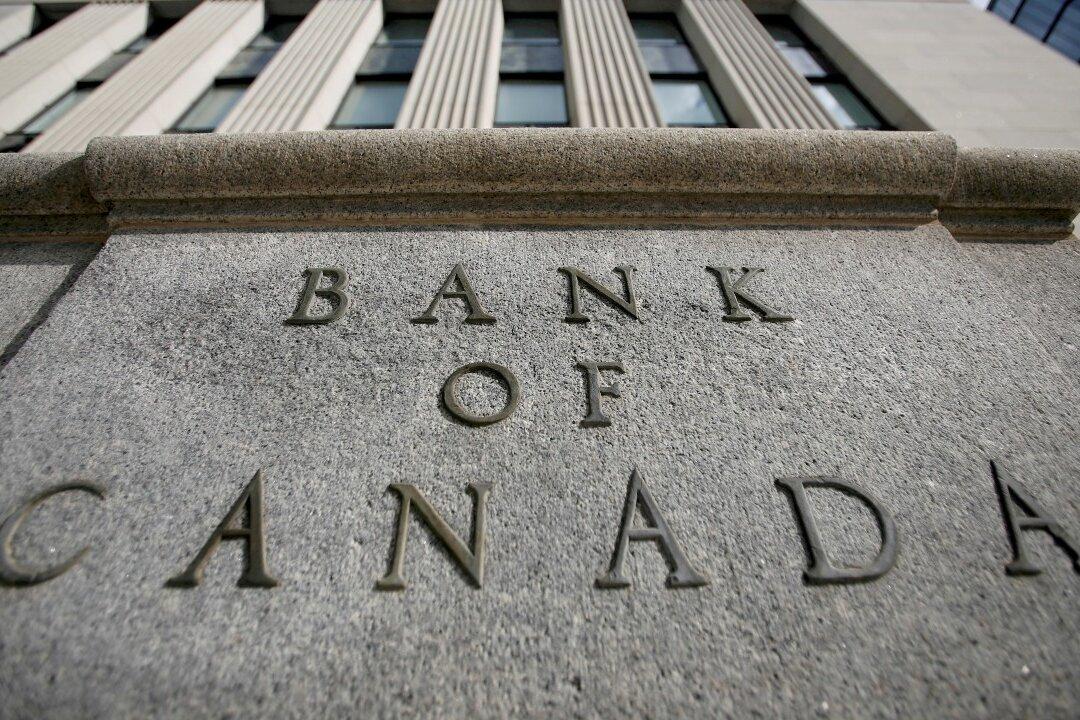The Bank of Canada has shifted to a less prescriptive messaging strategy than it used in January when it signaled a rate-hike pause that reignited the housing market, which added to inflation and the need to resume tightening five months later.
Last week after lifting rates to a 22-year high of 5.0%, Governor Tiff Macklem struck a more hawkish tone than when he announced a pause in January, warning the bank could hike again if economic data shows it is needed.





